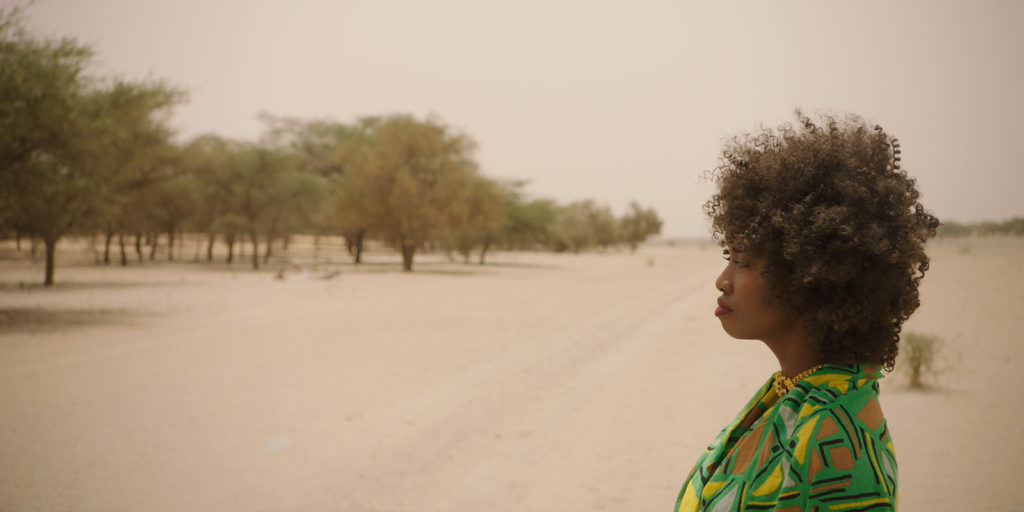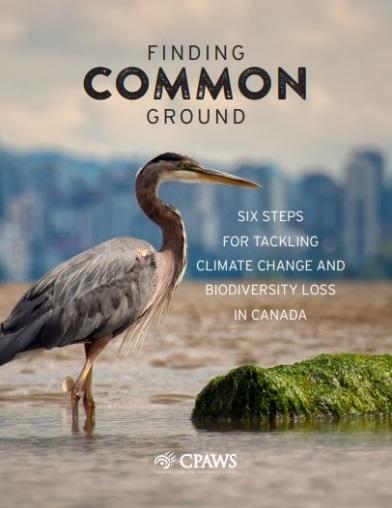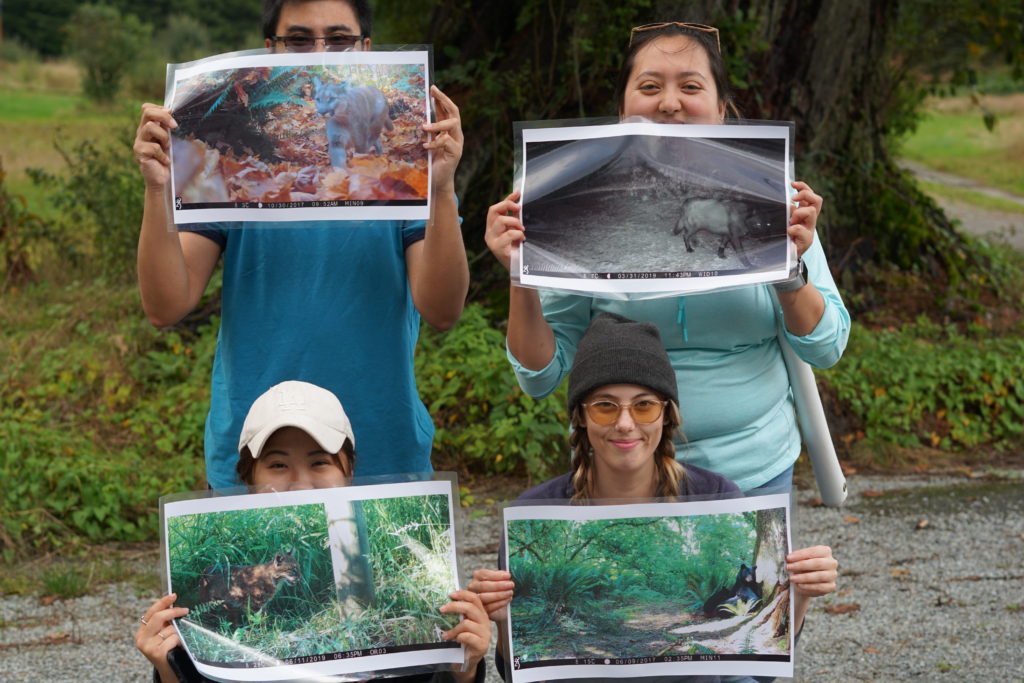The 2019 Greater Vancouver International Film Festival (VIFF) season sparks action and changes the way we see the world. CPAWS-BC is thrilled to be supporting VIFF this year as a community partner of Oscar-nominated director Fernando Meirelles’ “The Great Green Wall”.
“The Great Green Wall” highlights one of the world’s most ambitious initiatives to tackle climate change. 11 African nations began The Great Green Wall project in 2007 to plant 8,000 kilometers of trees and vegetation across the Sahel, a semi-arid area that stretches the entire width of Africa, south of the Sahara desert.
The film is guided by Malian musician and activist Inna Modja. Inna travels to Senegal, Mali, Nigeria, Niger and Ethiopia meeting people most affected by climate change and land degradation. Human activity and mismanagement of land and ocean resources is at the root of climate change and loss of biodiversity, in the Sahel region and all around the globe. The Green Wall offers a nature-based solution to natural resource scarcity, desertification and drought, conflict, migration and community revitalization issues. The project is designed to restore land depleted by agricultural overuse and grazing. Once complete, it will restore food and livelihood for communities. The wall could absorb some 250 million tons of carbon dioxide from the atmosphere.

Human activity and mismanagement of land and ocean resources is at the root of climate change and loss of biodiversity. The project is designed to restore land depleted by agricultural overuse and grazing. Once complete, it will restore food and livelihood for communities. The wall could absorb some 250 million tons of carbon dioxide from the atmosphere.
I am at a loss for words. It’s the social, the economic, political…it is everything .
– VIFF film screening attendee
The wall itself is not linear or uniform. It is more like a patchwork of forest clusters sheltering life. It is an interconnected network of life that young people can depend on for generations to come. And the stories shared by those living along the Great Green Wall are about more than revitalizing desert landscape. They are about desperation, courage, and the hope for a brighter future.
Stories like this play out across the globe as the fight against climate change continues. Here at home, BC will experience a squeeze as our landscape and ocean morph with the climate. Flooding, storm surges, and rampant fires will displace people and wildlife from their homes. BC is along an escape route and will become a safe haven for new troves of species and communities seeking refuge from the impacts of climate change. — which will have unforeseeable impacts of its own.
The clusters of trees and plants along the Sahel breathe life back into the local communities. Things are, arguable, not quite so dire in BC, but we need to protect remaining large intact areas of wilderness for nature — including humans — to have a fighting chance.

Climate change is not coming, it is here. During an evening screening of “The Great Green Wall,” the whole audience held their breath watching a time-lapse of Lake Chad shrink by an estimated 90 per cent in a mere 50 years. It was a stark reminder of how much has already been lost. Science shows that we have only 12 years to curb our carbon emissions and keep irreparable global temperature rise at bay. We need bold, immediate action to protect habitats and ecological hotspots.
Nature needs us now. We are on the front lines of a nature emergency. The Amazon rainforest is burning. Declines in salmon populations risk cut food supply to endangered southern resident killer whales and grizzly bear populations. Indigenous leaders and scientists call for support to protect BC forests and critical caribou habitat.
Without biodiversity, life simply could not exist. BC has the greatest biodiversity in Canada, yet we have the most species at risk and our ecosystems are collapsing.
– VIFF film screening attendee
There is still hope for nature in BC. The Serengeti of the north in Kaska Dena territory and promise for protection of grasslands – one of the world’s most endangered ecosystems right here in BC’s South Okanagan-Similkameen offer large-scale nature protection. Interconnected networks of marine protected areas through the Great Bear Sea and rich depths of the Deepsea Oasis offshore of Vancouver Island reveal newly discovered and integral species along the pacific coast.
CPAWS-BC is dedicated to the protection of our public land and water, and ensuring our parks are managed to protect the nature within them. With help from people like you, we advocate for the creation of a patchwork of life support systems across the province. The next step will be to connect the dots with wildlife corridors and connected pathways of protected areas.
BC is a special place for animals and people.
We need your help to ensure protection for these places. We depend on nature for food, shelter, healing, and recreation. Our vision is to establish large, intact areas of wilderness on land and in the ocean that supports all life to not only survive, but thrive.

“BC needs a healthy environment for everyone – wildlife, nature, humans and biodiversity is vital for a stable and sustainable environment
-VIFF fan

The 2019 federal election will play a pivotal role in Canada’s response to the climate emergency and decline in nature here.
We each have a role to play in ensuring protection of biodiversity and the vitality of future communities. Environmental issues do not stand alone. Ecosystems must be resilient and adaptable to nurture nature amidst a rapidly evolving world.
Your vote for nature on October 21st helps leverage nature-based solutions and partnership between provincial, federal and Indigenous governments in response to climate change.
VIFF film screening and events September 26-October 11, 2019. Tickets and more information at WWW.VIFF.ORG
